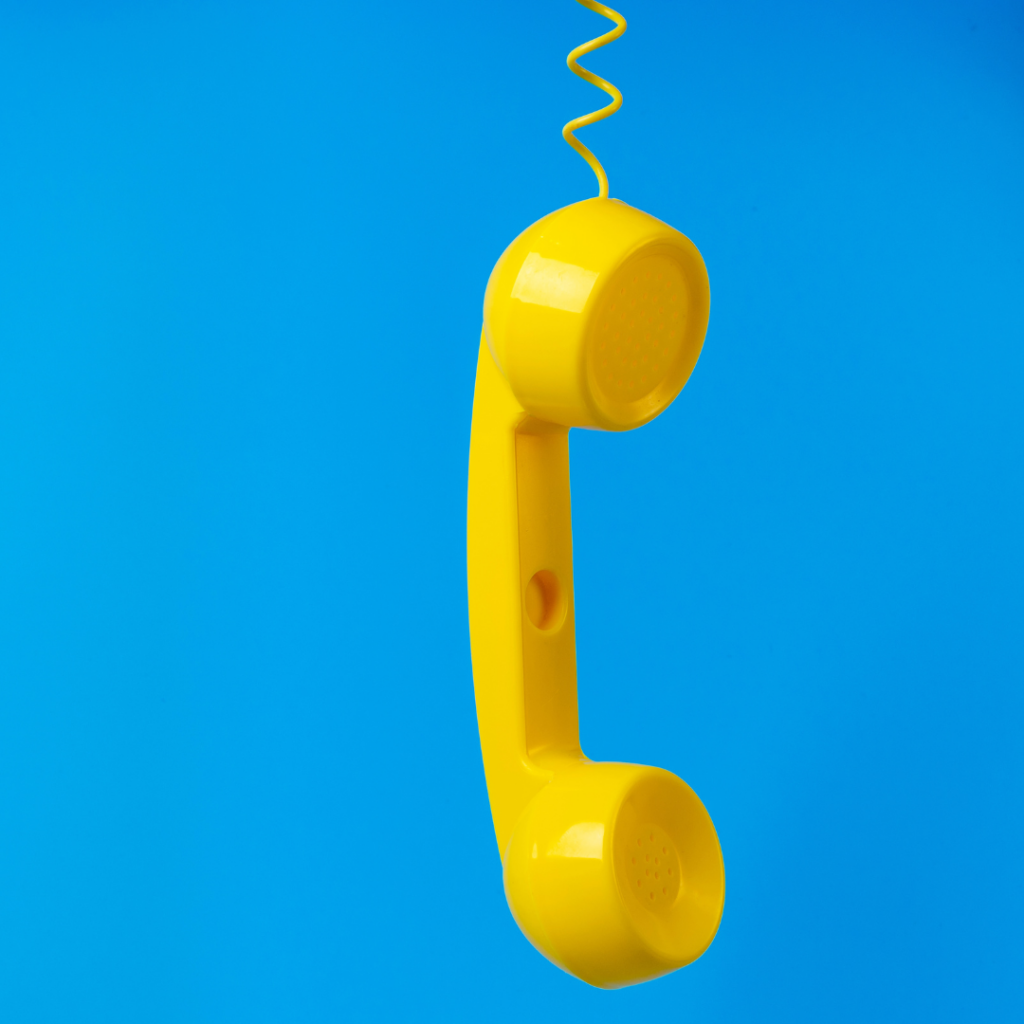

- CCG
The Telephone Advantage: 6 Essential Tips to Enhance Client Service in Your Practice


The Telephone Advantage: 6 Essential Tips to Enhance Client Service in Your Practice

- CCG
Whilst digital platforms like email, text messaging, and social media continue to grow in popularity, the telephone continues to be a critical communication channel that should not overlooked. It offers a personal, immediate, and reliable means of communication that you should leverage to create better client experiences, ensure smooth operations, and enhance trust.
Here’s why the telephone remains a vital tool and how you can maximise its potential in your practice:
The Personal Touch
The telephone offers a level of personal interaction that is hard to replicate through other forms of communication. When clients call the clinic, they expect to hear a warm, empathetic voice on the other end. Veterinary clients often contact the practice in moments of stress—whether it’s a health concern about their pet, a question about a treatment plan, or a follow-up call after surgery. A warm and friendly voice on the phone can help ease anxiety and establish trust.
Essential Tip #1:
Train team members to handle phone calls with professionalism and empathy, as this interaction sets the tone for the client’s experience. Encourage active listening and clear communication over the phone to transform routine calls into an opportunity to build stronger client relationships.
Enhancing the Client Experience
The client’s journey with your practice often begins with a phone call. Whether it’s a new client inquiring about services or a returning client needing advice, the first impression matters. An unanswered or poorly handled phone call can lead to frustration and negative reviews, whereas a positive interaction over the phone can result in a lasting, loyal client.
In fact, statistics show that 3 in 4 consumers are willing to spend more with businesses that provide a good customer experience. This means that by focusing on delivering excellent service over the phone, you’re not only improving client satisfaction but also creating opportunities for increased revenue.
Essential Tip #2:
Telephone interactions reflect the clinic’s brand. Invest in call-handling training for the team focusing on topics such as telephone etiquette, tone of voice, and how to handle difficult conversations to enhance the client experience. Additionally, ensure that the practice’s phone systems are modern, reliable, and user-friendly, minimising technical issues and keep the communication flowing smoothly.
Instant Response to Urgent Needs
Unlike email or messaging systems that may introduce delays, the telephone allows for immediate back-and-forth communication, which is crucial in time-sensitive situations. Whether it’s a pet emergency, a prescription refill request, or a last-minute appointment change, the speed and responsiveness of a phone call are unparalleled.
Essential Tip #3:
Optimise the practice’s phone systems to efficiently handle urgent needs. Establish clear protocols for handling emergency calls, prioritising appointment scheduling, and managing high call volumes. These steps are essential to maintaining smooth operations and ensuring client satisfaction.
Efficient Scheduling and Client Coordination
Scheduling is one of the most important aspects of running your practice efficiently. The telephone remains one of the most efficient ways to quickly confirm, cancel, or reschedule appointments, especially when handling complex situations such as multiple pets or detailed treatment plans.
Essential Tip #4:
You can significantly reduce no-shows, minimise scheduling errors, and improve time management by ensuring your team is well-trained in phone-based appointment scheduling. A streamlined approach to phone scheduling will also help you avoid double bookings or miscommunication, keeping your practice organised and efficient.
Addressing Complex Client Queries
While emails and texts are great for basic inquiries, more complex or sensitive questions are best handled over the phone. When a client has concerns about a diagnosis, treatment plan, or medication, these conversations require a level of nuance and detail that is difficult to achieve through written communication.
Essential Tip #5:
Encourage your team to use the telephone as a primary channel for addressing in-depth client queries, especially when medical issues arise. Have veterinarians and veterinary nurses personally follow up with clients over the phone for detailed discussions, reinforcing clear communication and a commitment to high-quality care.
Building Trust and Loyalty
Clients want to feel that their concerns are heard and that their pets are in good hands. A well-managed phone call, especially during critical moments such as delivering test results or following up after a procedure, builds trust between the practice and the client. Regular, proactive phone communication shows that the practice cares about the well-being of the pet and values the relationship with the client.
Moreover, one study found that more than half of consumers will switch to a competitor after just one negative experience. This statistic highlights the stakes involved; delivering excellent service over the phone is crucial not only for maintaining client loyalty but also for safeguarding your practice against potential loss of business.
Essential Tip #6:
Create a culture where the team values follow-up calls and consistent client communication. By encouraging a proactive approach to phone interactions, you can boost client retention and loyalty, as clients will appreciate the personal attention and care that direct communication provides.
The telephone may seem like an ordinary tool, but in your veterinary practice, it’s far more than that—it’s a crucial part of your communication strategy. From providing a personal touch to ensuring urgent issues are addressed promptly, the telephone is key to delivering excellent client care and enhancing operational efficiency. By investing in the right systems and training, you can ensure that every call is a positive experience for both your clients and your team.
To further enhance the client experience and communication skills of your team, explore our Customer Service Intelligence Program or personalised customer service training options. Our comprehensive training equips veterinary teams with essential skills to improve client interactions, including mastering professional telephone techniques. Contact us to discuss your needs further.


